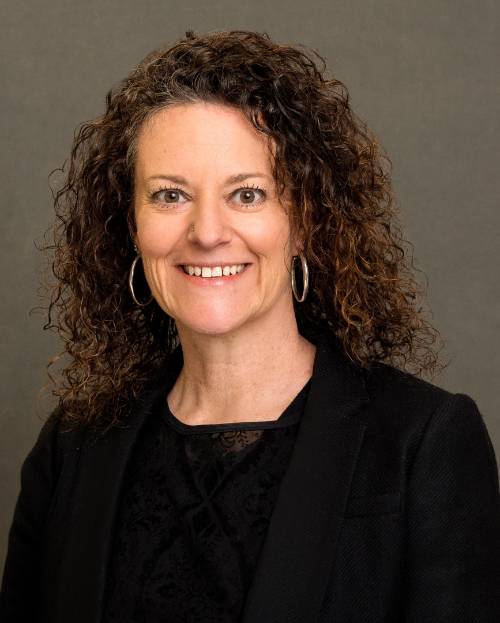
The Center for Advancing Sustainable and Distributed Fertilizer Production (CASFER) invited Andrea Romi, Ph.D., the Clark and Lois Webster professor of accounting at Rawls College, to serve as an affiliated faculty member. This partnership represents a significant opportunity for Romi to contribute to innovative research in sustainable practices, while also providing her Ph.D. students with cross-disciplinary experience.
At CASFER, Romi will collaborate with two Ph.D. students to develop models that assess the costs, potential revenues, and environmental impacts of various circular economy projects. These efforts are crucial in addressing the pressing challenges of waste management and environmental sustainability.
CASFER is a collaborative initiative supported by the National Science Foundation and includes five institutions: Texas Tech University, Florida Agricultural and Mechanical University, Georgia Institute of Technology, Case Western Reserve University, and the Massachusetts Institute of Technology.
Headquartered at Texas Tech, CASFER is engaged in projects that tackle environmental issues, including efforts to remove contaminants from plastics and driving innovation in the field of sustainable fertilizer production. Its main initiative currently focuses on a proprietary method for treating wastewater sludge, effectively separating harmful contaminants. This innovative approach not only diverts waste from landfills and incineration but also enables the production of valuable products such as organic fertilizers.
The vision of CASFER is to foster resilient and sustainable food production through the development of next-generation, modular, distributed, and efficient technologies for capturing, recycling, and producing decarbonized nitrogen-based fertilizers (NBFs). By bringing together a diverse leadership team and a multidisciplinary group of researchers, CASFER is poised to make significant contributions to sustainable agriculture.
Romi's involvement with CASFER underscores the commitment to advancing sustainable practices in academia, and she looks forward to the positive impacts this collaboration will have on both research and student development.
